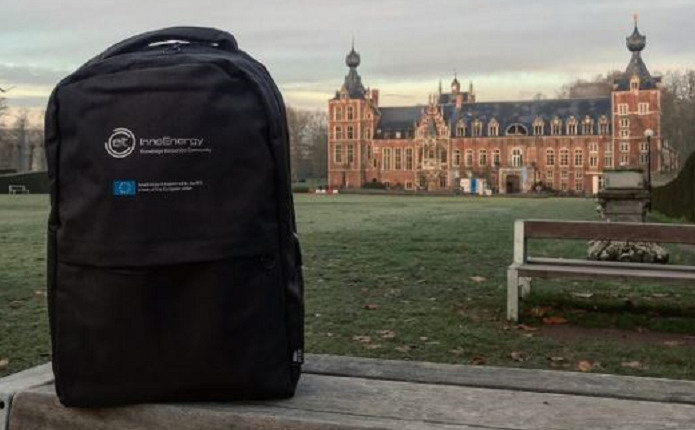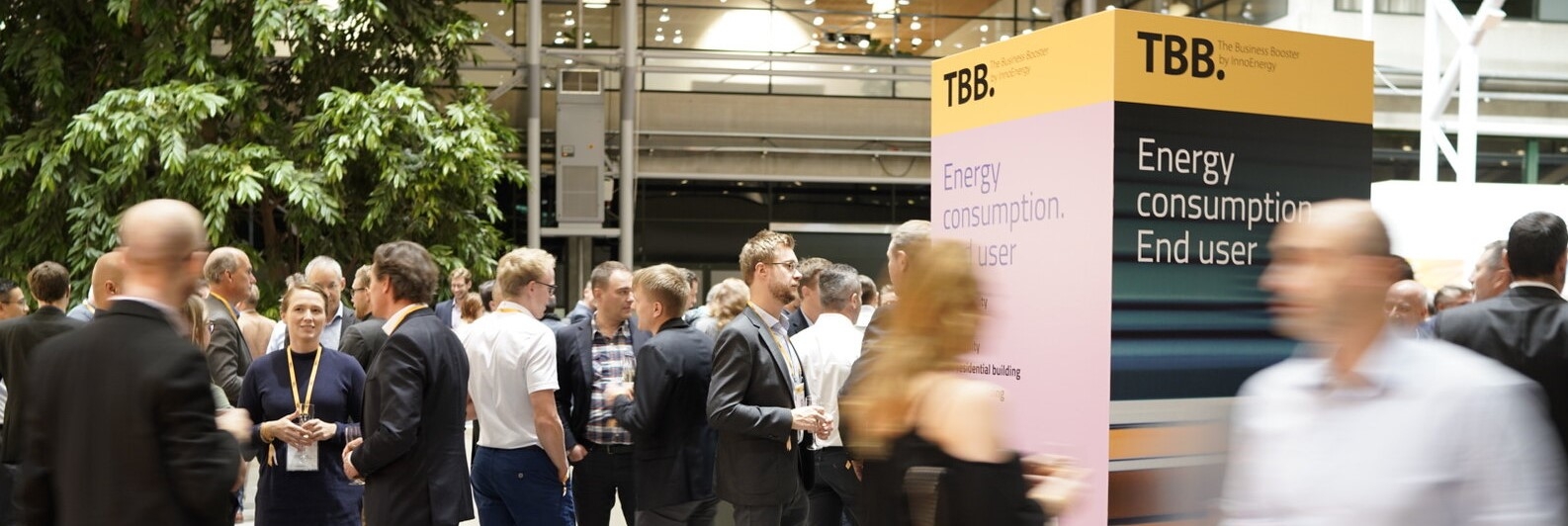InnoBlog: How to choose my second-year university?

As an EIT InnoEnergy student ambassador for the Master’s in Smart Electrical Networks and Systems, one of the most often asked questions is: how do you choose the location for the second year? This guide will offer insights and advice to making your decision.
The dilemma
Each and every students of Master’s in Smart Electrical Networks and Systems begins their journey at KTH Royal Institute of Technology in Stockholm, Sweden. You gain a strong foundation in electrical power engineering, eat many kanelbulle (Swedish cinnamon rolls), survive a cold and dark winter, and make many multinational friendships (since many EIT InnoEnergy Master’s programmes feature a year in Stockholm). But after a year, it comes time to move to a different European university: how do you choose where to go?
When I was applying to EIT InnoEnergy, I struggled with this question. There are 4 options:
- Grenoble INP: Institute of Technology in France
- UPC: Universitat Politècnica de Catalunya BarcelonaTech in Spain
- TU/e: Eindhoven University of Technology in the Netherlands
- KU Leuven in Belgium
To me, each seemed like a good choice; but of course, they each have their own features, academic offerings, and cultural environments. How could I choose, having never stepped foot in any of these cities and knowing nothing except what was written on the university website? I ended up at KU Leuven (and am very happy I did so!), for reasons I will discuss later on.
However, to help another Master’s in Smart Electrical Networks and Systems applicant in their decision-making, I talked to my friends and colleagues at all the second-year universities and put together this guide.
Grenoble INP, France
INP offers several tracks – grids, buildings, energy storage, or HVDC – with each offering several track-specific courses. For example, on the grids track, you would take courses in ICT for Smart Grids and Smart Cities; Energy Markets and New Stakeholders; Distributed Generation; MicroGrids, SmartGrids and Supergrids; Machine Learning and Optimisation. Notably, INP Grenoble is the only second-year university with a language course requirement; in fact, there is an intensive French module before the semester begins, and you continue with a course through the semester.
The first semester consists of 30 ECTS credits of courses, while the second semester consists of 30 ECTS credits of Master’s thesis. INP is rather flexible: the thesis can be done at a company, research lab, or the university itself. It can be in France or abroad; previous EIT InnoEnergy students have worked in a lab in Singapore.
Furthermore, Grenoble is the gateway to the French Alps. Depending on the season, the surroundings offer lots of hiking and climbing or skiing and winter sports. Also, the cost of living is relatively less expensive than other options.
UPC, Barcelona, Spain
At UPC, the first semester consists of 15 ECTS credits of courses and 15 ECTS credits of internship. Course offerings include classes in the integration of renewables, control and automation, and wind power; the internship can be done at a company or at the university. As part of the first year study visit to Barcelona, we had the chance to see many labs and research groups, which attracted many students who are currently studying there. Furthermore, if the internship is done at a company, it is often paid.
The second semester consists of 30 ECTS credits of Master’s thesis. Similar to Grenoble INP, UPC is rather flexible in the location of the thesis and whether it is done with a company or with a university. My friends who attended UPC for the first semester are moving all over Europe to do their thesis – to Germany, Sweden, France, and more.
Barcelona definitely has the mildest climate and is the largest city of all the four options, too. Plus, being there for the ESADE Business School module over the summer means you will know your way around!
TU/e Eindhoven, Netherlands
Similar to the first two choices, a year at TU/e begins with courses and an internship in the fall and 30 ECTS of Master’s thesis in the spring. Specifically, the first semester includes 15/10 ECTS of free electives and 15/20 ECTS of internship. Electives include power quality, decentralised power generation, high voltage technology, pulsed power technology electromagnetic compatibility.
For students who are currently studying at TU/e, the major draws included the focus on power electronics as well as the wide-ranging options for internships and theses. The university is well connected to several companies, both Dutch and multinational, offering the potential for future employment and jobs. It is also a start-up hub, backed by an ecosystem fostering innovation and entrepreneurship.
KU Leuven, Belgium
Compared to the previous three options, KU Leuven has a different division of coursework and thesis: they are both year-round. In March, the university provides a list of thesis offerings (you can propose your own as well) and an optimisation algorithm assigns you to one of your top choices. Upon arrival in September, you begin your thesis; you take a few free electives each semester, too. Considering that KU Leuven is a more research-oriented university, and I want to do a PhD after graduation, this was an important factor for making my decision.
The electives are wide-ranging and can include Design and Management of Electric Power Systems, Optimisation Problems in Energy Systems, Philosophy of Technology, Global Environmental Politics, Electricity & Gas Markets, Artificial Neural Networks, just to name a few.
Leuven is a small university town just outside Brussels. Many companies and start-ups are based in the area, and in fact, Leuven was just named the European Capital of Innovation for 2020. The student life and atmosphere attracted me to Leuven, too.
Final thoughts
Of course, curricula and details may change over time; this is a snapshot, as of January 2021. I encourage you to reach out to active EIT InnoEnergy student ambassadors, current students in your network, or alumni of the program to hear their experiences and thoughts first-hand. And remember: what is right for one person may not be right for another, and at the end of the day, you cannot really go wrong.
by Emilia Chojkiewicz, EIT InnoEnergy Master School student
Are you ready to start Master’s in Smart Electrical Networks and Systems this intake? We invite you to join our current student and graduate who will share with you firsthand everything you might want to know about starting the programme!
InnoTalks Ask our students and graduates: Master’s in Smart Electrical Networks and Systems
Date: 20 May
Time: 16.00 CEST

